John Muir Award: The Pond
The pond – uneventful, smelly, even mildly-hazardous for dogs and children bounding happily into their murky depths.
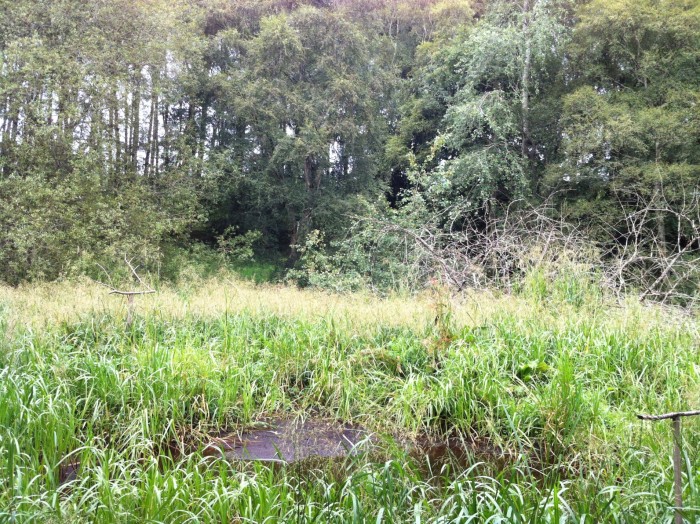 Image: Colette Blyth
Image: Colette Blyth By Colette Blyth
The pond – uneventful, smelly, even mildly-hazardous for dogs and children bounding happily into their murky depths. Budding naturalists, however, soon realize that foul and odious as they may seem, they are actually wildly eventful. Ponds, you see, are an entire ecosystem, obligingly contained within an area roughly the size of your back garden – home to a plethora of ferocious predators, bizarre defence mechanisms and unique adaptations, just ripe for plucking and perusing. Pond dipping needn’t be a high-tech affair: reliable wellies, a tray of water to hold your disgruntled captives, and something to catch them with – a net or even a colander.
Alien inhabitants
Regardless of your equipment, you’ll soon notice that the inhabitants of your pond are spectacularly alien. The kings of the pond, the great diving beetle and their larvae lazily patrol the waters, crushing and consuming anything careless enough to cross their path. Next, the dragonfly larvae, unrecognisable from the elegant and beautiful adults that they will become, make up most of a dragonfly’s lifespan. These highly skilled predators have evolved an amazing system for manoeuvring and hunting. An internal hydro jet system sucks in water then squirts this out with such force that it propels the larvae forward at high speed. Amazingly, it is then able to change the direction of its jet power and use it to then power its jaw. The jaw is arm-like and shoots out almost instantly to snap up unwary prey. No surprise, then, that the gentler pond dwellers have developed defence mechanisms. The caddis fly larvae use pond debris to create an elaborate protective casing.
Aquatic wonders
Away from the depths, the pond has its well-named aquatic wonders. Pond skaters skim the surface alongside the whirligig beetles flashing and spinning crazily, its shiny body reflecting sunlight. But does the pond end at the surface or perimeter? I don’t really think that it does. Not when you begin to look at the dependence of wildlife on ponds, from the pond dwellers to dragonflies, songbirds and trees. Thirsty trees such as birch and willow thrive in the wet conditions that ponds provide. These in turn compliment the ideal invertebrate habitat of the water and also give shelter and a place to perch for birds.
You may also get a chance to see some of the mammalian visitors. Local deer, foxes and badgers could well be using the pond as a place to drink and water lovers such as otters and the now rare water vole can appear.
If invertebrates and direct pond contact doesn’t fill you with excitement; there is surely something not far from the ponds edges that will. A pond encompasses not only its direct inhabitants, but also an array of wildlife that depend on it, whilst giving us a fantastic place to observe different aspects of our native flora and fauna, often within walking distance of our homes.
One year after work began and our pond is thriving. It will hopefully attract many new visitors to the area which can be viewed ,undisturbed, from the bird hide and below its surface a whole new ecosystem can flourish. Doing a John Muir Award has been a challenging but incredibly satisfying experience and we hope that sharing it inspires you to get involved in conservation.
For more information please visit: http://www.pondconservation.org.uk/

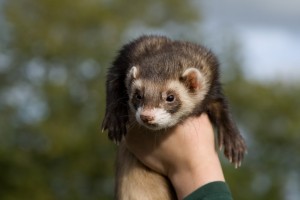
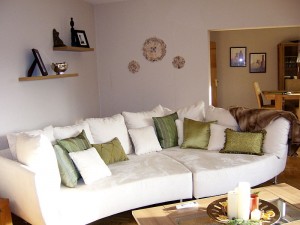
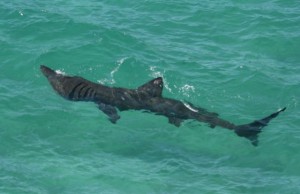
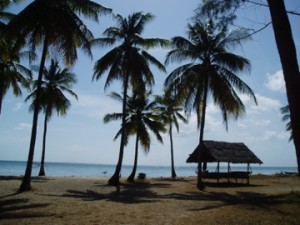
No comments yet.